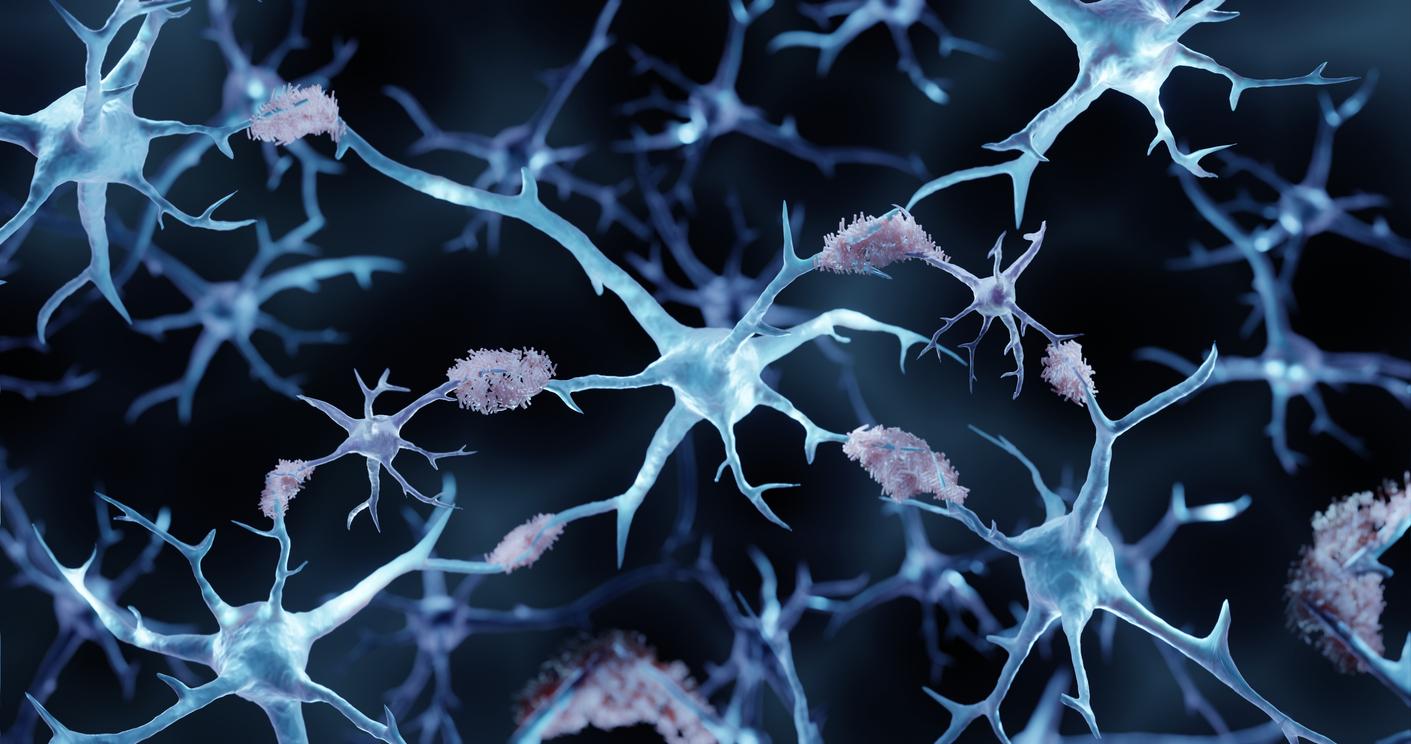After age 65, women are about twice as likely to develop Alzheimer’s disease as men. According to a group of researchers, a hormone identified in women would be the cause.

- Alzheimer’s disease is the most common neurodegenerative disease.
- In France, it concerns 1.2 million people.
- This condition affects 23% of the population after 80 years.
“Alzheimer’s disease has a higher incidence in older women, with peak cognitive decline following visceral adiposity and bone loss during the menopausal transition.” This was indicated by a team of Chinese and American scientists. The latter wondered why this neurodegenerative condition concerned more women. To find out for sure, they carried out a study, including the results were recently published in the journal Nature. For the purposes of the work, the authors performed an experiment on mice that had undergone an oophorectomy.
In order to carry out their study, they decided to focus on female hormones that are radically altered during menopause. They observed which activated the “C/EBPβ/AEP” signaling pathway, which is the central factor in neurodegenerative diseases. Researchers have identified follicle-stimulating hormone (FSH) as the primary factor in dementia.
The role of follicle-stimulating hormone in the onset of Alzheimer’s disease
“We show here that follicle-stimulating hormone acts directly on hippocampal and cortical neurons to accelerate amyloid-β and Tau deposition and impair cognition in mice with hallmarks of Alzheimer’s disease,” can we read in the searches.
According to the results, inhibition of FSH hormone action reduces body fat, improves thermogenesis, increases bone mass and reduces cholesterol in mice. According to the scientists, blocking the action of FSH in these mice reverses the Alzheimer’s disease phenotype by inhibiting the “C/EBPβ/AEP” neural pathway.
“These data not only suggest a causal role of increased FSH levels in the onset of Alzheimer’s disease during menopause, but also reveal a possibility for treating Alzheimer’s disease, obesity, ‘osteoporosis by blocking FSH’, concluded the researchers.
.















